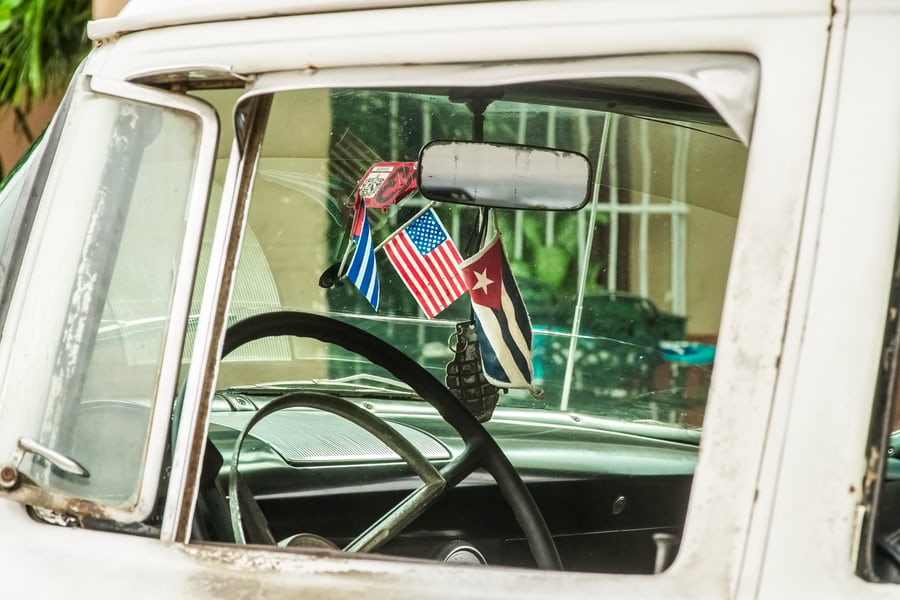In a further escalation of its pressure on Cuba, the Trump Administration has issued a severely worded report alleging that Cuba’s international medical programmes constitute “forced labour” and a form of “human trafficking”.
The State Department’s ‘Trafficking in Persons Report 2020’ comes as Cuban medical brigades are helping fight COVID -19 internationally and governments in the Caribbean and elsewhere are beginning to speak out about US pressure to have them end their longer term public health programmes with Cuba.
The report’s three pages on Cuba say that ‘during the reporting period there was a government policy or government pattern to profit from labour export programmes with strong indications of forced labour, particularly its foreign medical missions programme’. The report, which also addresses other aspects of human trafficking, goes on to say that the Cuban Government has ‘refused to improve the transparency of the programme or address labour and trafficking concerns despite persistent allegations’ about it by those who have left while overseas and others. The full text on Cuba can be read on pp174-177 athttps://www.state.gov/wp-content/uploads/2020/06/2020-TIP-Report-Complete-062420-FINAL.pdf
Responding, President Miguel Diaz-Canel, described the US position as “false, illegitimate and unilateral”. Writing on Twitter he noted “the brazen confusion” between saving people and human trafficking. “The empire lies and tries to confuse, its false list is illegitimate and unilateral, without any moral force. It cannot stand”, he wrote.
The report places Cuba in Tier 3 which means the US Administration will not provide non-humanitarian, nontrade-related foreign assistance to the country concerned. Although the ranking as yet has no direct impact on third countries, it affects US policy towards multilateral institutions such as the World Health Organisation and the Pan American Health Organisation. In Cuba’s case, they act from time to time as intermediaries for funding the health services that Cuba provides. It has also been suggested that the US may use the report to place pressure on third countries to screen Cuban medical professionals to ensure they have not been ‘trafficked’.
The report comes shortly after the publication of a draft bill by three influential Cuban American Republican Senators aimed at challenging Cuba’s overseas medical programmes. It requires the State Department to publish a list of countries that ‘contract with’ the Cuban Government to receive medical missions and to have the State Department include this as a factor when it comes to designating third countries in its future report.
If the legislation were to become law, at least 25% of countries around the world would be designated as being involved in human trafficking. (Full story Cuba Briefing 22 June 2020).
In recent months Cuba has sent some 3,000 medical personnel to at least 28 countries to support them in their fight against COVID-19. As is the case with its 28,000 other health workers who are more generally serving in 59 countries, the basis on which this takes place varies from country to country.
In some cases, the schemes operate through WHO related organisations such as the PAHO with payment in part being passed through the agency concerned. In other cases, Cuba donates its services for nothing, and in yet others the personnel are contracted to the recipient country by the Cuban state. Some estimates suggest that Cuba earns about US$6bn per annum from such services. The extent to which this involves payment in goods is unclear.
The Caribbean Council is able to provide further detail about all of the stories in Cuba Briefing. If you would like a more detailed insight into any of the content of today’s issue, please get in touch





